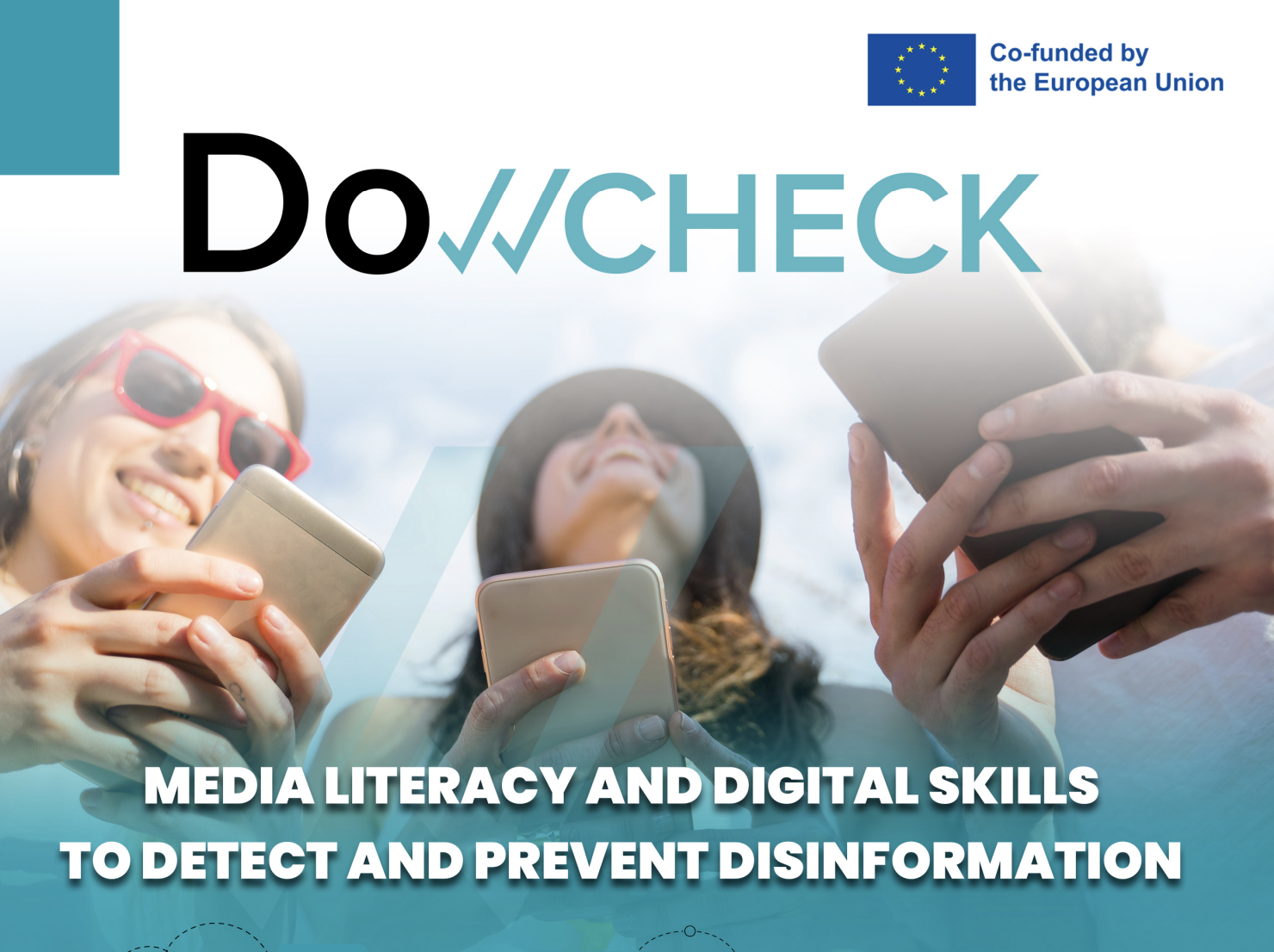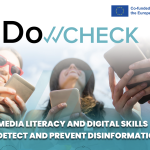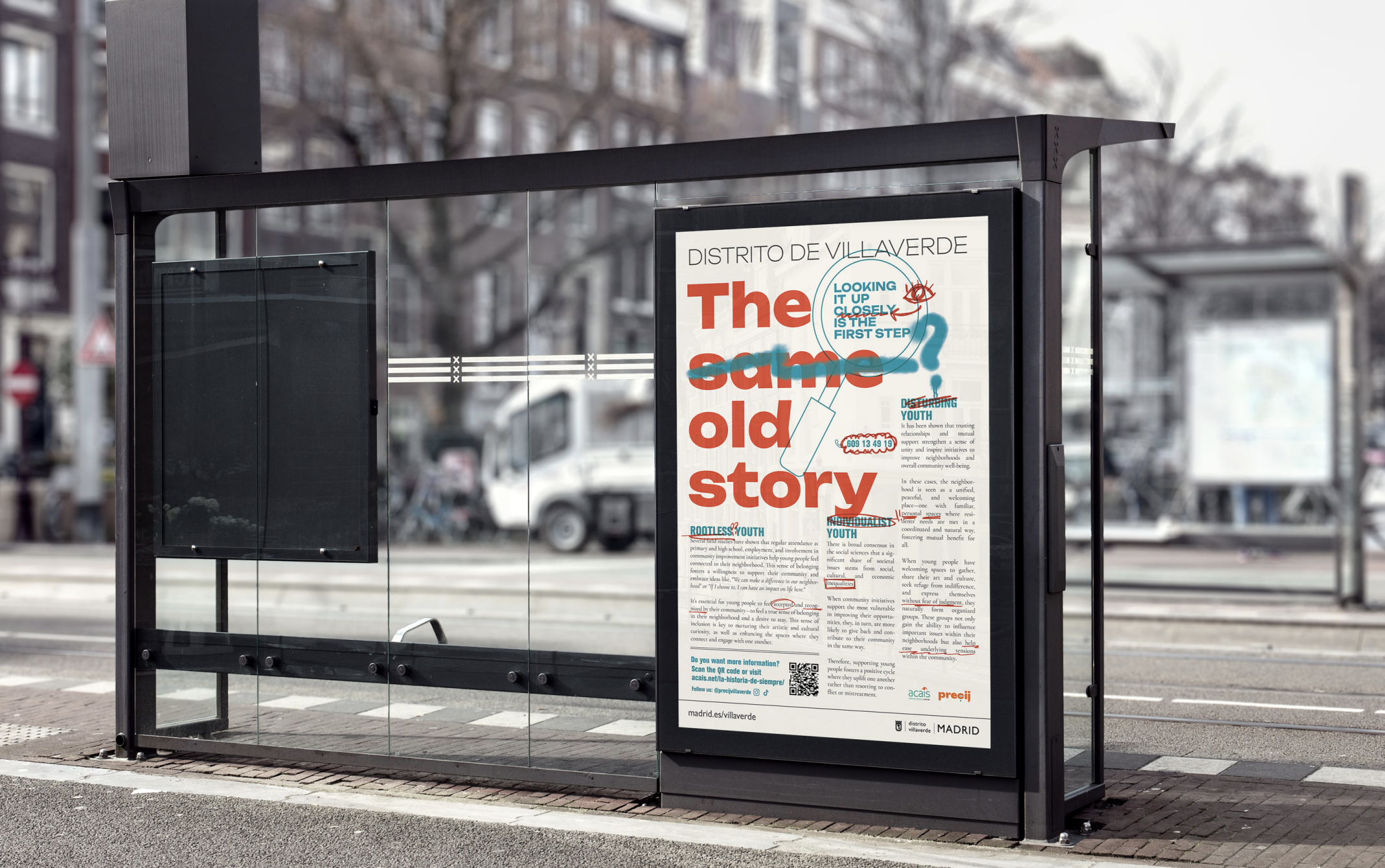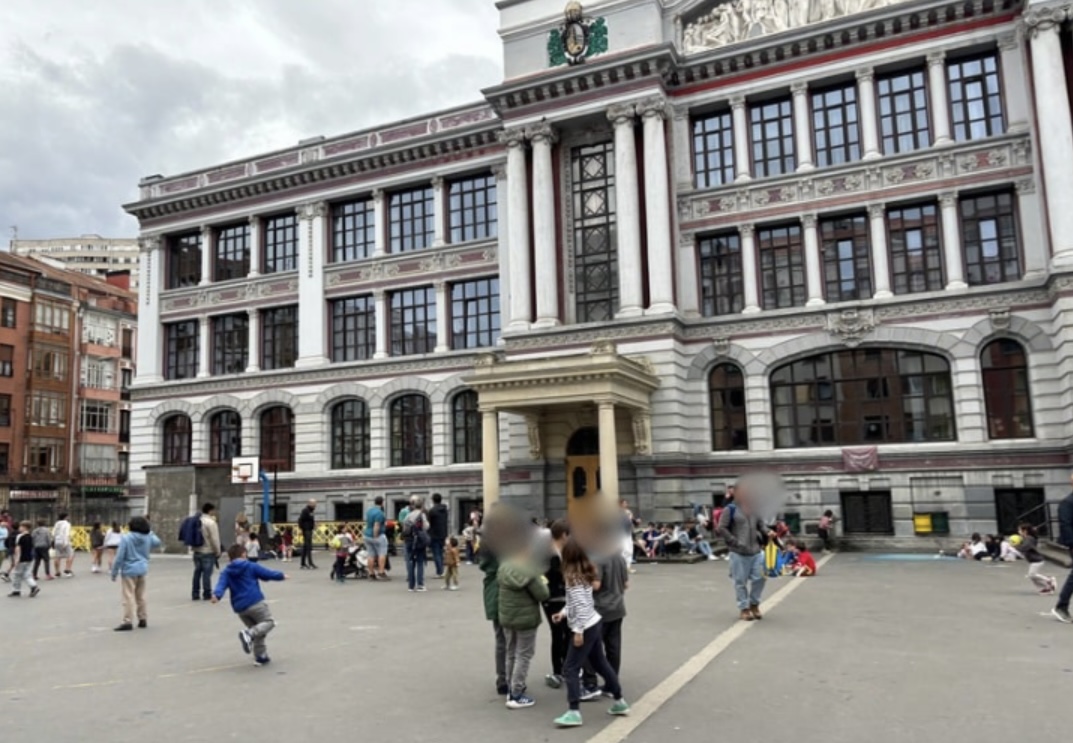
DoCheck empowers teenagers with media literacy skills to recognise and resist online disinformation, fostering a safer and more informed digital environment across Europe.
TACKLING A GROWING DIGITAL THREAT
The spread of disinformation poses a major risk to democracies, public health, and the environment. The DoCheck Erasmus+ project, co-financed by the European Commission, tackles this issue by focusing on one of the most digitally active and vulnerable groups: schoolchildren aged 14 to 18. Led by six organisations from four EU countries, the project uses non-formal education methods to give young people the tools to detect and prevent misinformation.
BUILDING SKILLS THROUGH PARTICIPATORY EDUCATION
The project began with an in-depth analysis involving focus groups of students, teachers, and parents. This groundwork informed the creation of a flexible training framework and a set of Open Educational Resources (OER) on media literacy, available in five languages. These resources were tested in real settings, reaching 263 students and 57 parents and teachers through local training events, and a MOOC that attracted 493 students. Designed for both guided and independent learning, the materials are now freely available on the DoCheck website.
SCALING IMPACT THROUGH COMMUNITY AND ACCESSIBILITY
More than 1,200 stakeholders—including schools, students, and families—have become active agents in combating disinformation. Through local events, social media campaigns, and strong community engagement, DoCheck has reached over 170,000 people. Its sustainability plan outlines how this growing network will continue to share and adapt the project’s tools, ensuring that future generations can navigate the digital world with confidence and critical thinking skills.




